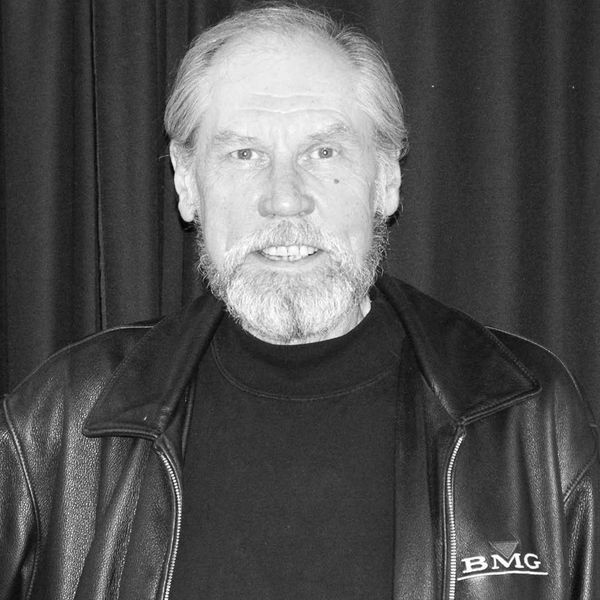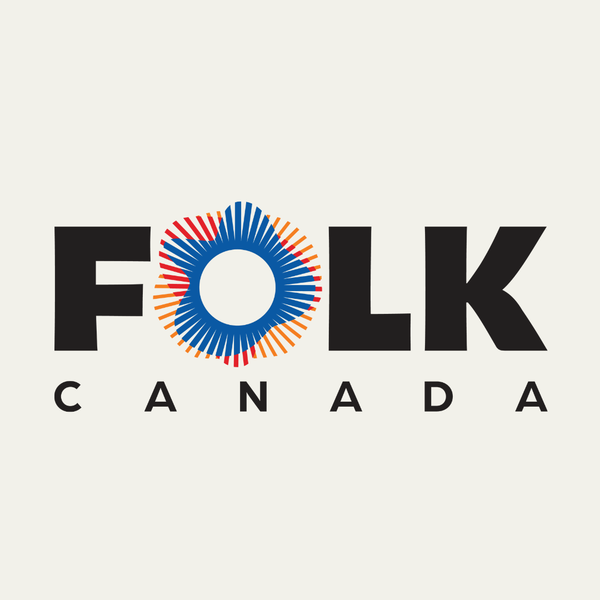James Cridland Tells Broadcasters: Get Up, Stand Up, Fight the CRTC
CMW 2019 Radio Sessions were kicked off Thursday morning at the Sheraton with a keynote from James Cridland. Completing a hat trick of appearances at the annual in the last several years, and work

By Sharon Taylor
CMW 2019 Radio Sessions were kicked off Thursday morning at the Sheraton with a keynote from James Cridland. Completing a hat trick of appearances at the annual in the last several years, and working with Canadian clients, means James knows a thing or two about Canada and its broadcast regime.
This year Cridland delivered material that was the buzz of the conference.
After outlining stats showing that radio listening in the UK and the US have stayed relatively flat as revenues have increased, Canadian listening and revenues are down. This led Cridland to offer a blistering dissection of the CRTC’s current relevance and then doubled down on radio corporate for selling out radio at the legislative level so as not to rock the boat for their other interests.
He was kind enough to supply me with his notes, and I’m happy to post them here for both a second look and for the benefit of the many who couldn’t attend.
James starts by addressing the CRTC.
“In 1978, it was absolutely right to regulate stations based on format. But, CRTC, things have changed. So, stations should be able to adjust to serve the Canadian public best.
In 1978, 35% of Canadian content made sense. But CRTC, things have changed. Spotify, Deezer, Apple Music have no CanCon quotas. And the music industry might want to more new and emerging artists to be played, rather than the same old songs. The Maple rules might make sense to include some credit for breaking new music.
In 1978, it might have made sense for monthly hearings, except in January and in June, and for it to take 6, 8, 9 months for one company to buy a radio station from someone else. But, CRTC, things have changed. Nine months of uncertainty is no way to treat Canadian workers and Canadian radio listeners. It’s also no way to run effective Canadian businesses.
In 1978, it might have been right to be cautious about allowing more choice onto the air: and for interventions and economic tests for new licenses that can take years to complete. But, CRTC, things have changed. Listeners now have infinite choice online. This caution and delay harms Canadian businesses and means less choice for the Canadian public.
In short, I think the CRTC is regulating radio as if it’s still 1978. But, CRTC, things have changed. In 1978 your prime minister was a guy called Trudeau, whereas today …
Now I’m not saying anything you don’t know. It is clear to me, as an outsider who’s worked in Canadian radio in the past, that there’s only one set of people to blame for Canadian radio’s shrinking figures - both revenue and audience. It’s not the CRTC. It’s you — the Canadian radio industry. You know the CRTC is no longer fit for purpose in terms of radio regulation. But you also run TV channels, cable networks, mobile phone services. Let's not rock the boat. Best not jeopardize those, eh?
My advice is to take a look at the UK where radio is strong and healthy and has consistently been reducing regulation since the 1970s. They have a strong lobby group called Radiocentre, and they’ve succeeded in reducing regulation from Ofcom, and also changing the law about small print for financial advertising to make it better for radio and working with record companies to get a better deal for podcasting and streaming.
Or take a look at Australia, one of the most successful commercial radio markets in the world. They have a strong lobby group called Commercial Radio Australia, and they’ve been successful in all kinds of pieces of lobbying to Parliament, including achieving better research, working with ad agencies to make better ads, lobbying for significantly relaxed ownership laws, and driving through DAB+ and a strategy to fight Facebook and other online competitors.
A strong lobbying group for all of Canadian radio would ensure that radio businesses can put pressure on the CRTC to modernize.
The federal government has already said it wants to review the Broadcasting Act. And, clearly, this puts some of you in an awkward position with your other business interests. So, the answer is an effective lobbying group for Canadian radio. One body, working on behalf of all of radio. You owe it to yourselves to help make Canadian Radio Great Again”.

















